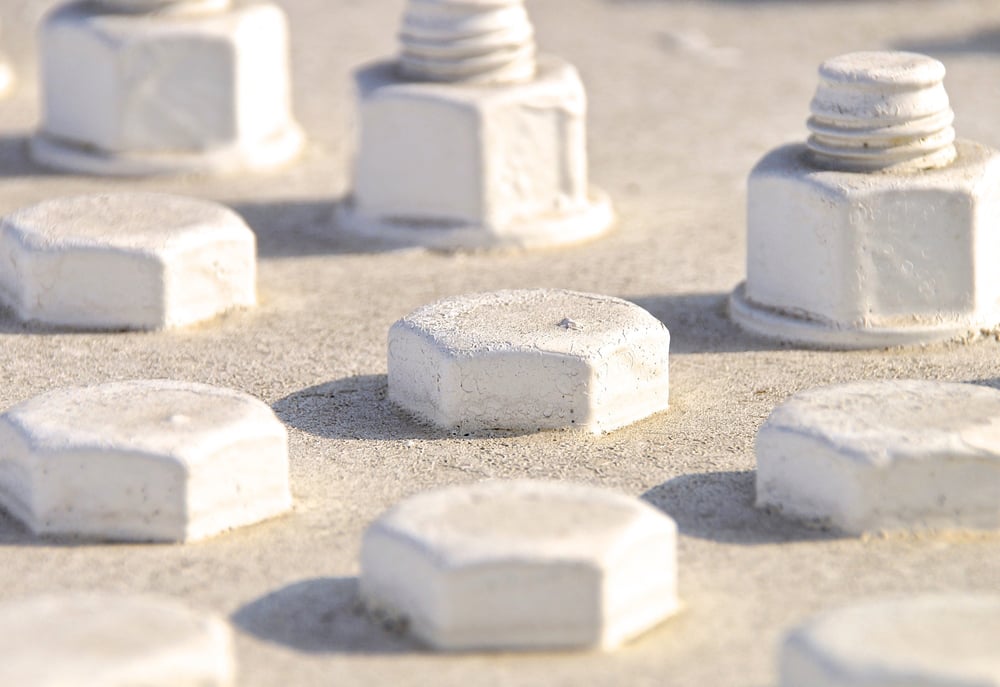Why Cor-Blue Stands Out Among Blue Bolts for Waterworks
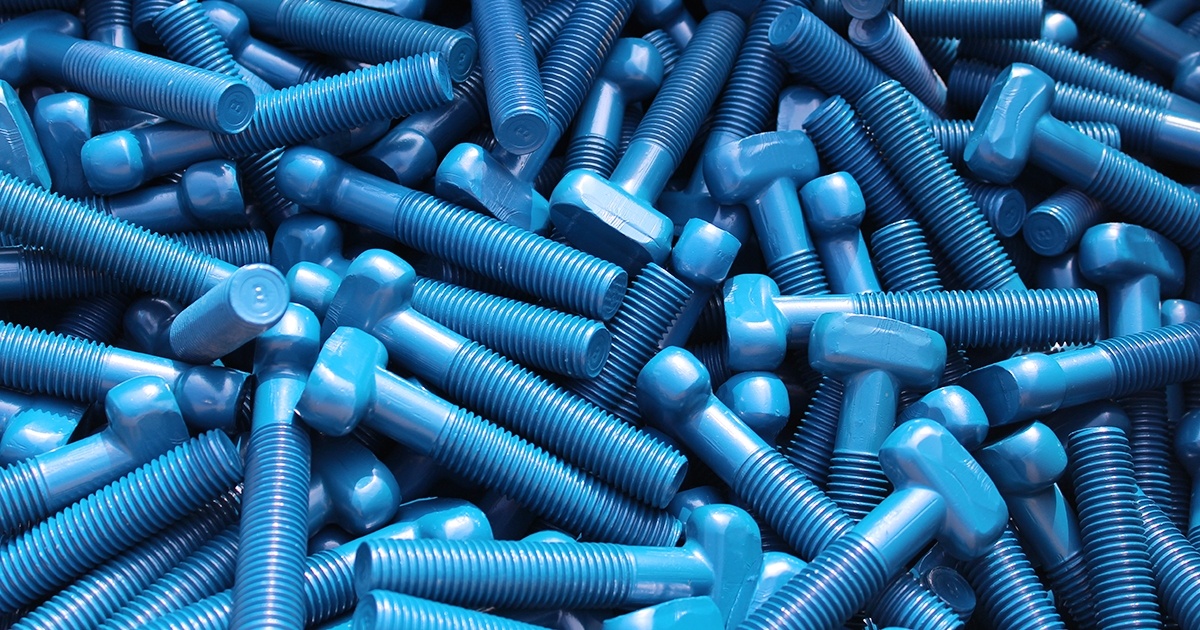
The color of your bolts may not tell you the full story of their benefits and quality. Take blue bolts, for example. You may be familiar with blue bolt coatings for T-head bolts used in waterworks projects.
But are all blue bolts the same? Does the specific coating used matter? Why do some blue bolts cost more than others? As you’ll see, there’s a lot more to a color than meets the eye.
What Are Blue Bolts?
In waterworks, blue bolts generally refer to fasteners that secure connections in pipe fittings. The specific fasteners are usually T-head bolts used to lock into a slot and prevent rotation when the nut is tightened.
Blue bolts also can refer to studs and nuts used in oil and gas projects. The petrochemical industry often uses blue Xylan® coated flange bolts for corrosion and chemical resistance.
For the purposes of this blog, we’ll refer to blue bolts as fasteners for waterworks.
Are All Blue-Coated Bolts the Same?
Many bolts have a blue coating, so it’s important to understand the metal and coating used when exploring waterworks fasteners. This is vital to choosing fasteners suited for rugged waterworks applications.
All blue bolts are not created equal, and the color doesn’t always correlate with quality or guarantee adherence to waterworks fastener standards. If you only specify blue bolts, you may receive fasteners that are manufactured overseas, prone to corrosion and difficult to assemble. Be careful about making cost the primary factor in your purchase decision.
A specific kind of blue bolt from Birmingham Fastener is Cor-Blue™. It’s made in the U.S. using a weathering steel and coated with FluoroKote#1®, a proprietary nonstick fluoropolymer coating.
Advantages of Using Cor-Blue Bolts
Cor-Blue bolts typically cost more than blue bolts made overseas, but you’re getting a higher-quality product that delivers better corrosion resistance for maximum fastener life and reduced downtime. This means you could save money in the long run.
Many generic blue bolts for waterworks have coating inconsistencies due to the coating method used and coating applied, which can produce an uneven coating that makes assembly and achieving a tight tension challenging. When sealing joints, inconsistent tension may increase the chance of leaks.
Cor-Blue bolts are hand sprayed, then checked for cure and adhesion coverage, ensuring a consistent coating that remains smooth and resistant.
Key benefits of using Cor-Blue include:
Superior Corrosion Resistance
Rated at up to 1,000 hours of corrosion resistance in a standard salt fog test (ASTM B117) compared to galvanized bolts
Simple Assembly and Disassembly
Easy on/off properties mean no torching, cutting or nut splitting is required to remove Cor-Blue bolts – you can safely remove them with wrenches
Reduced Torque Requirements
A low coefficient of friction eliminates galling and seizing – Cor-Blue bolts have a kinetic friction coefficient (or k-factor) of 0.06-0.08
Consider the conditions workers face in waterworks. To access pipes, they’re often in holes surrounded by dirt (and sometimes water). Bolt coatings that last longer in corrosive environments and are easier to assemble/disassemble, helping to increase safety while minimizing maintenance time and costs.
Get a Better Grip on Success With Cor-Blue
Having a tight fit and a corrosion-resistant coating is critical for any waterworks projects. As you evaluate T-head bolts, go beyond the color to make sure you’re selecting high-performing fasteners manufactured for durability.
Birmingham Fastener is the premier domestic manufacturer of T-head bolts. Explore our reliable, American-made parts designed specifically for the waterworks industry.

The Power of Finding the Right Partner
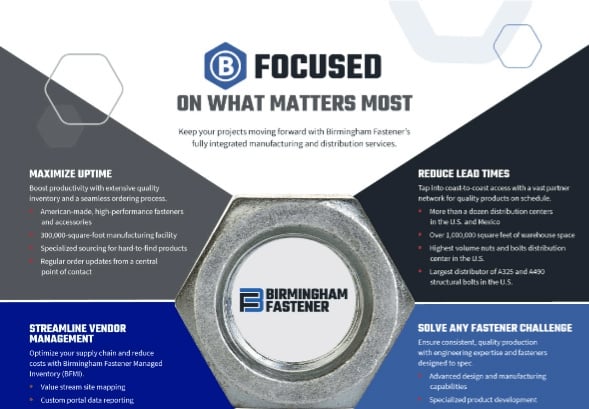
Focus on What
Matters Most
Related Posts
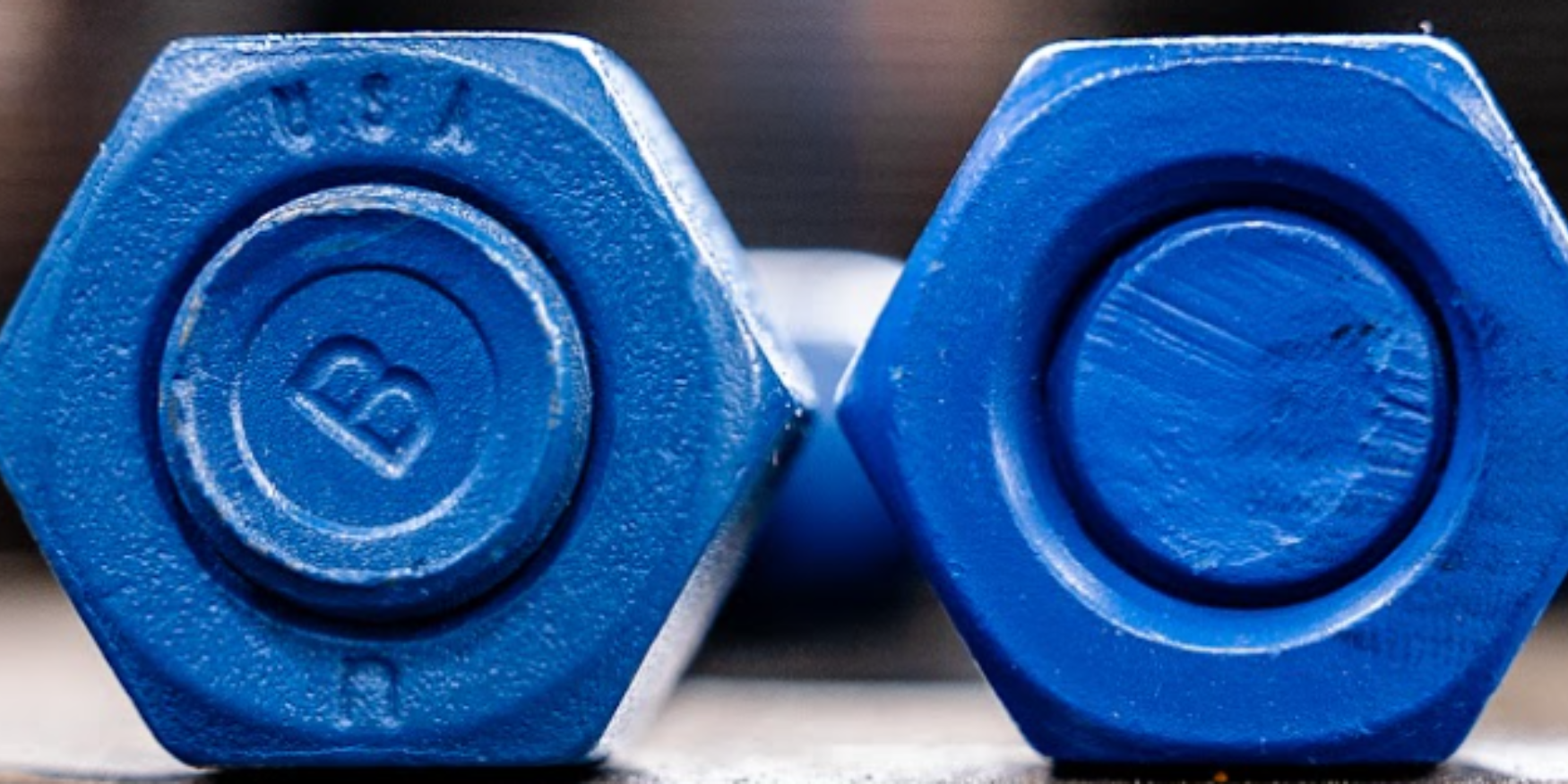
Are Your Blue Bolts for Waterworks Compliant and Traceable?
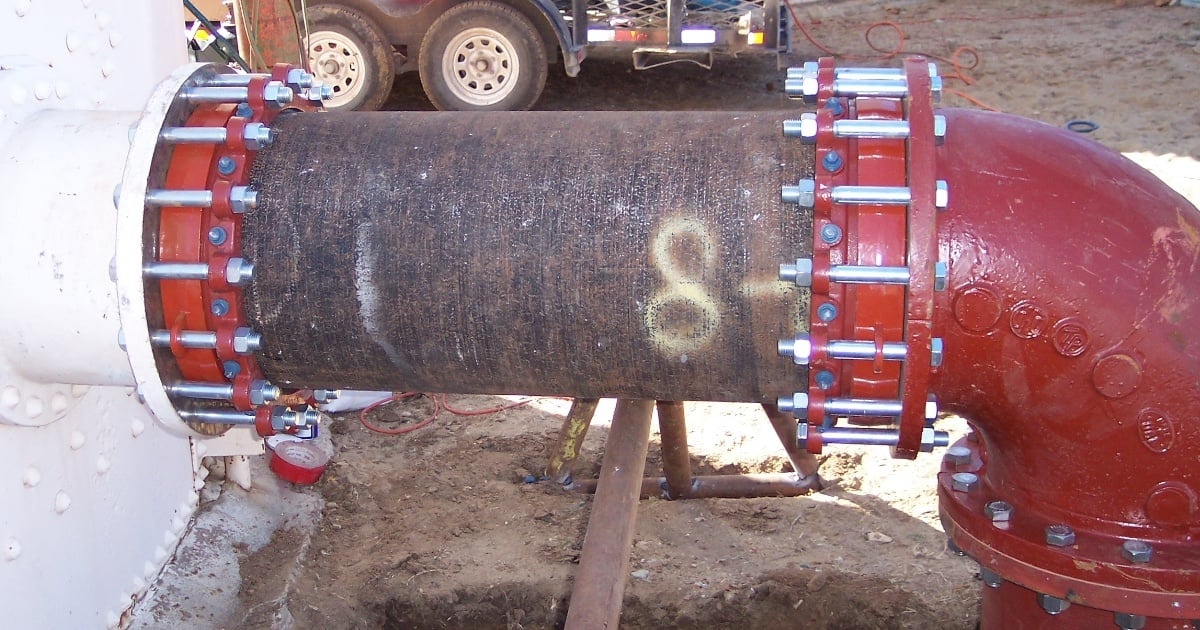
6 Tips for Fastener Selection in Waterworks Projects
